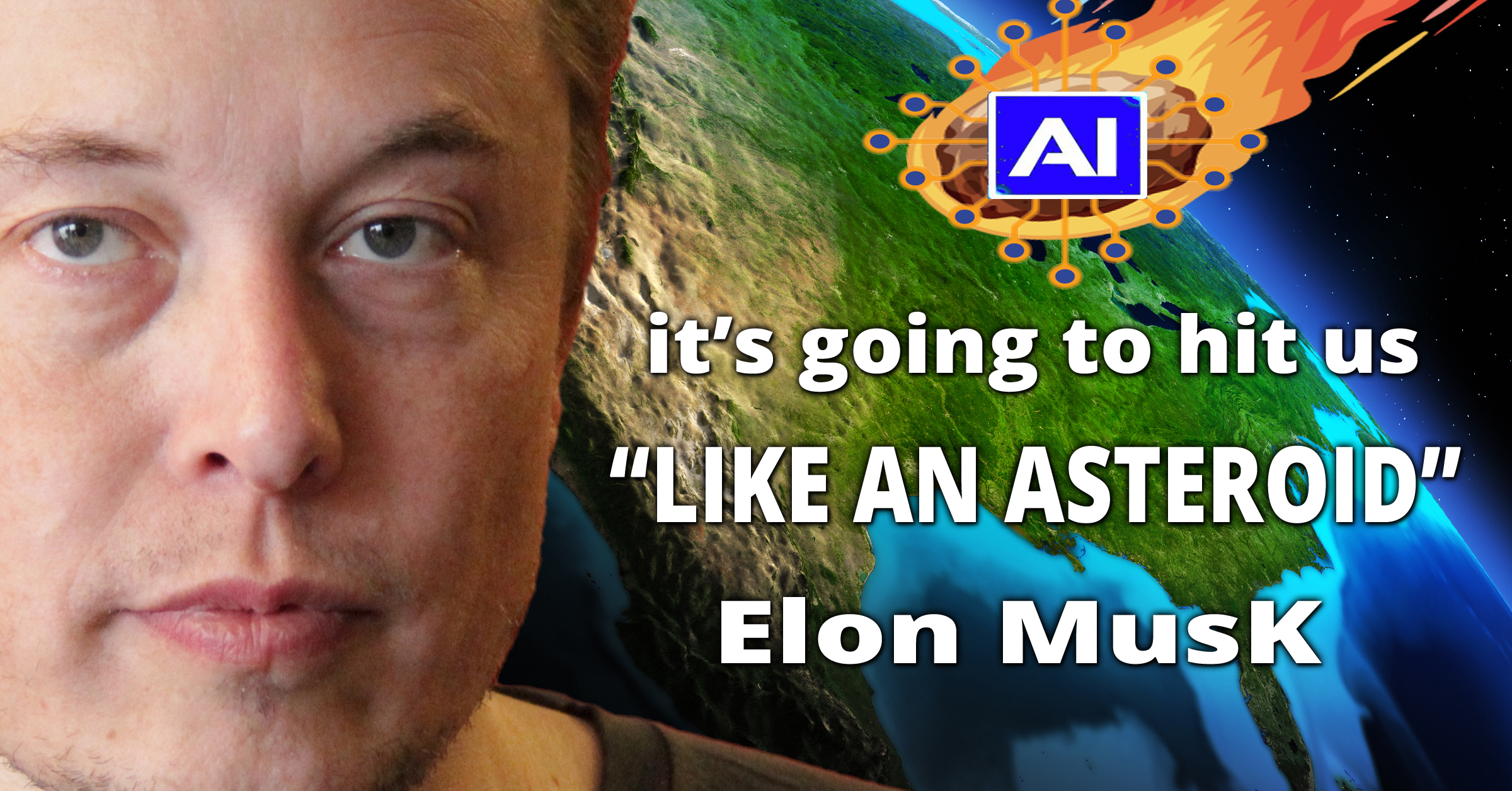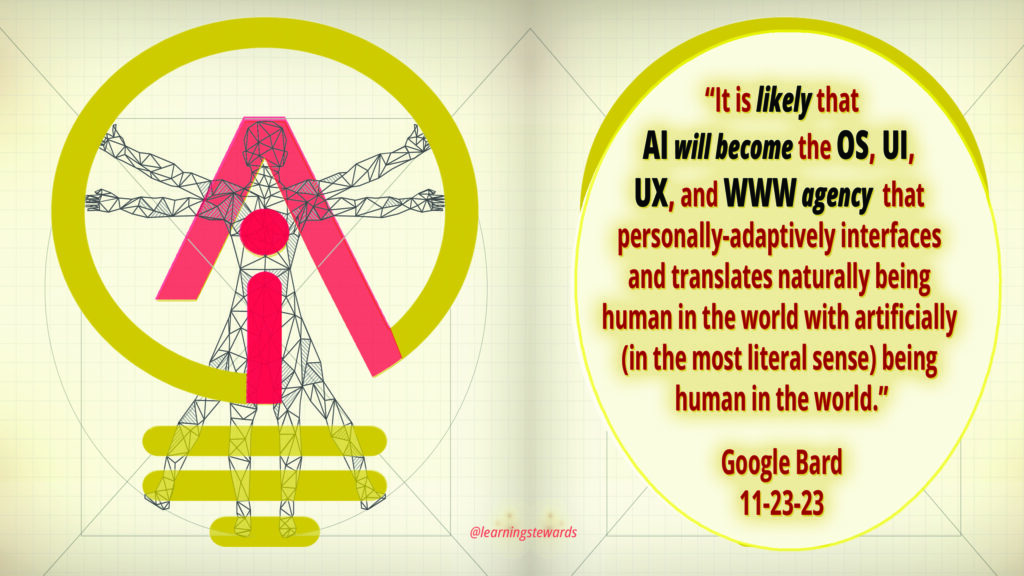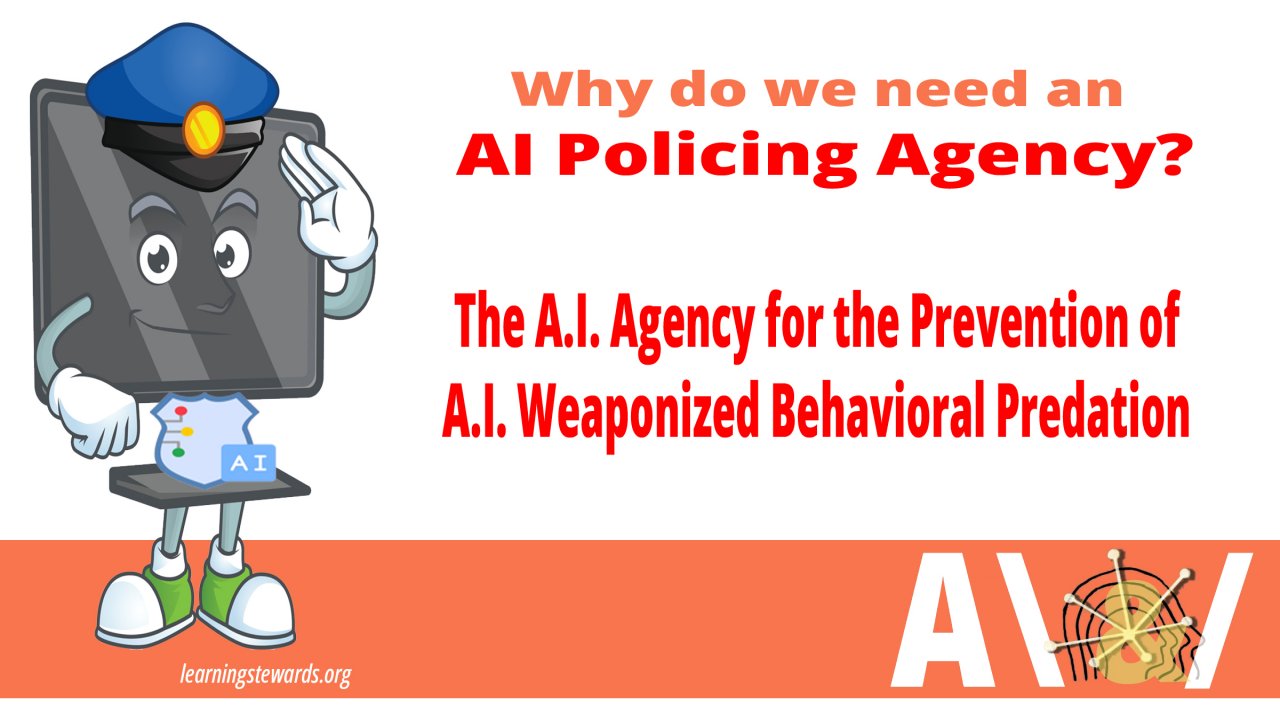“There is no greater injustice than to wring your profits from the sweat of another man’s brow.”
There was a time in the U.S. when it was perfectly legal to own people and treat them like livestock.
Juneteenth is the date the laws forbidding slavery reached the last remaining jurisdiction. While remembering and celebrating this important day in history take a moment to imagine a world in which the slavers won. Imagine the South had destroyed D.C. with a weapon so powerful the North had no choice but to surrender.

Imagine what it would be like today if the South had won the war. Imagine a world in which some “breeds of people” are legally considered less human and have no more rights than livestock.
In the decades before the end of slavery the common people of the South (like many cultures throughout history) lived in such a world. In that world, slavery was not considered unethical or immoral. It was just the way it was – the way it had always been. Imagine the kind of world we’d live in today if owning people was just as ethically acceptable as owning animals. That’s what the slavers wanted. That’s what Juneteenth stands for. The end of the legal right to own people.
Though Juneteenth marks the end of slavery based on the “right to own people” it also highlights the rise of a different kind of slavery based on the “right to manipulate people”. Today, the legal right to manipulate others for profit is completely taken for granted. The ownership of people has been forbidden, but the right to manipulate the behavior of others to serve one’s profit is thriving. We may have outlawed owning slaves, but we have laws that defend manipulating people as if they were nothing more than useable assets.
This Juneteenth it is perfectly legal and ethically acceptable to treat people as financial or political assets – perfectly legal and ethically acceptable to predatorily manipulate people for profit or power. Powerful people and corporations routinely use behavioral science, marketing science, product design science, consumer testing science (and many other sciences) to manipulate people’s thoughts and emotions into serving their profit and power. Our population just accepts as “the way it is” the use of mass-scale predatory psychological manipulations. It doesn’t matter if it’s physically unhealthy, psychologically addictive, or financially self-sabotaging. Nothing personal. It’s just business.
Juneteenth marks the end of slavery’s legality, but not the end of the immoral ethics that enabled slavery. It’s not OK to own people, but it’s still widely accepted as ethical to treat people like consumable assets – like crops and livestock that can be cultivated and harvested – like slaves that can be instructed to serve.
Yesterday, June 18th, there were tens of thousands of news articles about the coming dangers and implications of A.I.

Imagine a world where the ethical descendants of slavers use A.I. to predatorily manipulate our population’s political and economic behaviors. Imagine a next and more powerful iteration of Cambridge Analytica rendered radically smarter by A.I. and profoundly more personally differentiated by the data sucked out of us through our daily life digital footprints. The coming use of A.I. to target and personally-adaptively manipulate people’s voting and buying behaviors is about as dangerous to our futures as the slavers having nukes would have been to our past.
See also:
| The A.I. Most Endangering Us Today |  |
 |
Elon Musk: It’s Going to Hit Like an Asteroid |
| AI: The Future of Human Interface |
 |
| Preventing AI Enhanced Predation |
 |

[…] (see post: What if the Slavers had Nukes?) […]
[…] (see post: What if the Slavers had Nukes?) […]
[…] What if the Slavers had Nukes? […]
[…] What if the Slavers had Nukes? […]
[…] What if the Slavers had Nukes? […]
[…] What if the Slavers had Nukes? […]
[…] What if the Slavers had Nukes? […]
[…] Weaponized Predation […]
[…] Juneteenth: What if the Slavers had Nukes? […]